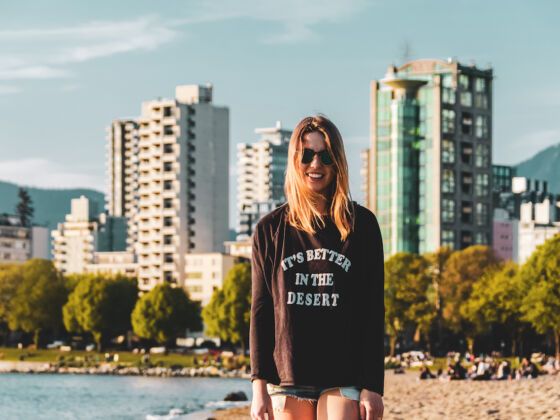THE FIRST TIME I visited Nick’s family in Philadelphia, I braced myself for the usual jokes: “oot and aboot,” a drawn out “ehhh?”
But his family were nothing but warm. They asked questions about Canada, the cities and the people and the food. “It’s not that different from here in the States,” was my usual answer.
But sometimes, a word caught us off guard.
-
- I told his sister that I liked her new runners. Blank stare.
-
- I also asked her how she enjoyed Girl Guides. Blank stare.
- I said, “We need serviettes,” at a rooftop barbecue. Blank stare.
In those moments, we joked about our “cross-cultural relationship.” Even now, three-and-a-half years down the line, Nick loves to tell the story of my students in South Korea, who would snicker to one another whenever I wrote centre or favourite on the board. “Teacher, bad spell!” they would crow.
In the States, this always gets a laugh.
